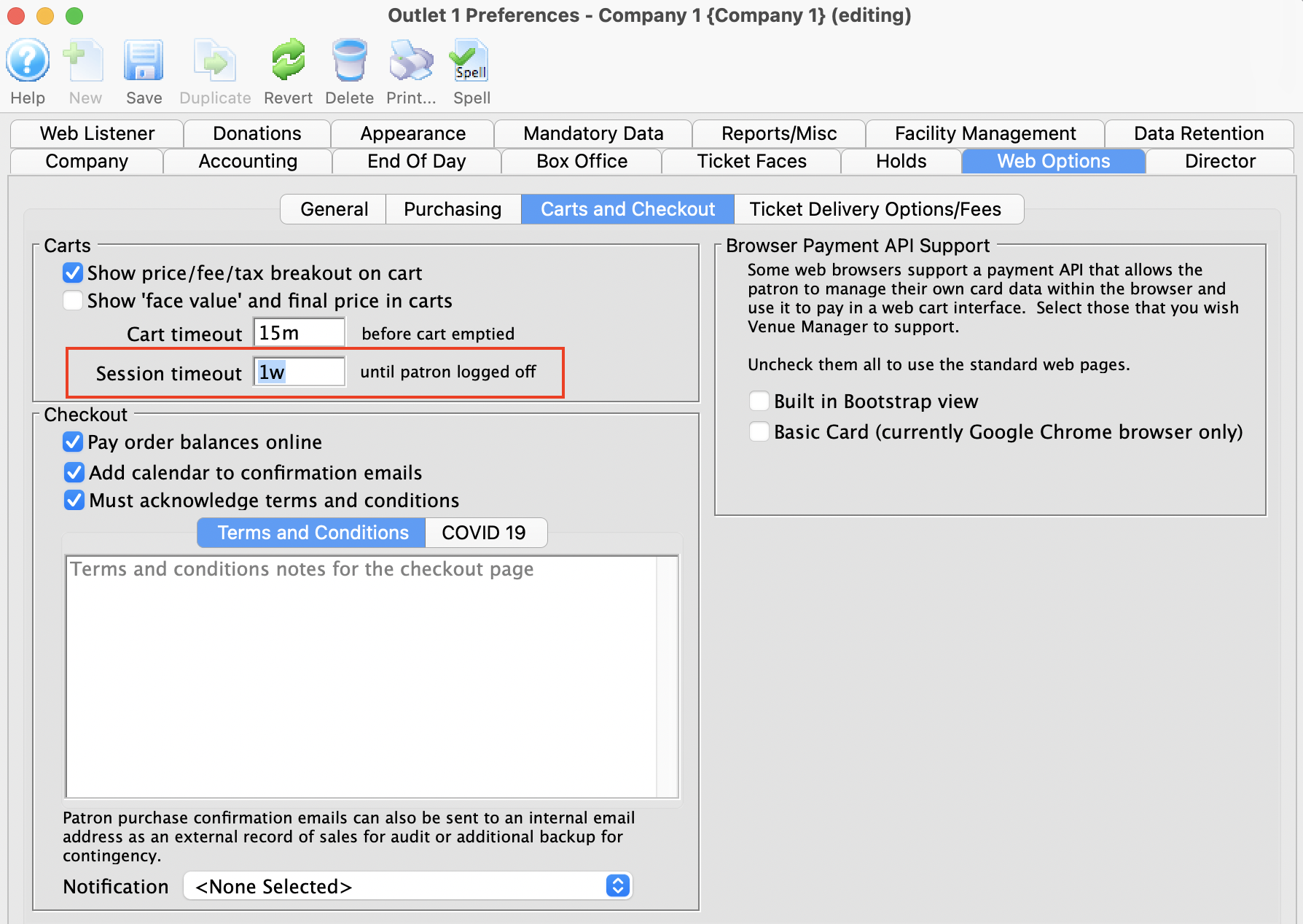You are here
Preparing for Streaming Performances
Live Steaming Recap
Live Streaming has become an important alternative for organizations to help reach their audiences during COVID. It has allowed existing audiences to connect with their favourite arts organizations, while at the same time reaching new audiences, literally from around the world. It's no overstatement to say in some instances, Live Streaming has become another pillar of programming, complimenting live performance offerings well into the future.
While impossible to fully translate a live theatrical experience into a digital format, there are a few similarities worth comparing.
In person events we ask patrons to arrive 20-30 minutes prior to curtain.
- Streaming we ask viewers to login 10-15 minutes prior to the start of the show.
In person performances we anticipate last minute walk-ups and late comers
- Streaming we anticipate last minute buying, in fact, its more like last second buying
In person events usually have some sort of curtain speech
- For Streaming we see the countdown landing page, often customized to highlight sponsors and provide links for other engagement opportunities.
Understanding Streaming Demands on Hardware
Live Streaming is similar to in-person performances in that both require enough staff (and sufficient hardware) to quickly and safely get audiences into their seats. In the case of Live Streaming, significant computing resources and internet bandwidth are needed to deliver a smooth experience to your patrons.
The most critical time for any Live Stream is that split second just before the show begins. This is called peak demand, and it's the moment we've programmed the system to move hundreds, if not thousands of guests, from the lobby, and into to the 'theatre' at the very start of the performance. In terms of an in person event, it's the equivalent of asking a 500 seat venue to fill in less than 1 second.
To that end, Artsman's Data Centres in Montreal and Vancouver are optimized to help deliver almost instantaneous Peak Demand resources whenever an AMS Cloud Client starts a Live Streaming event.
Live Streaming Performance Checklist
To support your Live Streaming shows, Artsman recommends both Self-Hosted and AMS Private Cloud organizations review the following checklist before every Live Streaming performance.
First: We advise setting your organizations Session Timeout to 1 week
Okay, sure, but what is a Session Timeout and why should we update that setting?
Session Timeout is the number of minutes a patron can be idle on the web site before they are logged out. Before the advent of Live Streaming, most organizations set their Session Timeout to 15 minutes, a completely reasonable amount of time to log out an inactive patron shopping on your ticketing site.
Now imagine a patron logging in to your ticketing site 16 minutes before the start of your Live Streaming show. With the 15 minute Session Timeout in place, the ticketing site quietly logs that patron out at 15 minutes and 1 second. When the performances begins Theatre Manager only admits patrons that are currently logged in into the event. That diligent and on-time patron is now forced to log in again, appearing to the patron like they never logged in to begin with.
For this reason we are recommending Live Steaming organizations change their Session Timeout to 1 week.
You can access Session Timeout settings in Company Preferences -> Web Options.

Second: Send an email to support@artsman.com 1 week in advance of your event
I've never sent a support email before, what's the advantage?
Sending this email will do two things. It will put your event's performances on the Artsman Operations Calendar, and, give Tier 2 Support an opportunity to review your Theatre Manager settings. Say for example, your Session Timeout.
Please Include in the Email
A) The name of the event
B) The date and time of the event
C) How many tickets you've sold to date, and how many more you anticipate selling.
D) How many additional streams of the event will be happening at the same time.
AMS Private Cloud clients will also have Tier 2 Support monitoring for last minute activity on the day of your performance. This lets Artsman ensure servers are running smoothly, and if needed, deploy additional server resources.
Cloud clients will also receive post on-sale and streaming web stats, to help inform your team about how your audience behaved on the day of the event.
Third: Self-Hosted Clients Will Need to Provide Access to your Web Listener Machine
Self-Hosted Organizations will need to provide access to your Web Listener machine so Tier 2 Support can make sure your Web Server settings are optimized. If anything needs to be adjusted there is at least a 1 week cushion to address any potential issues.
